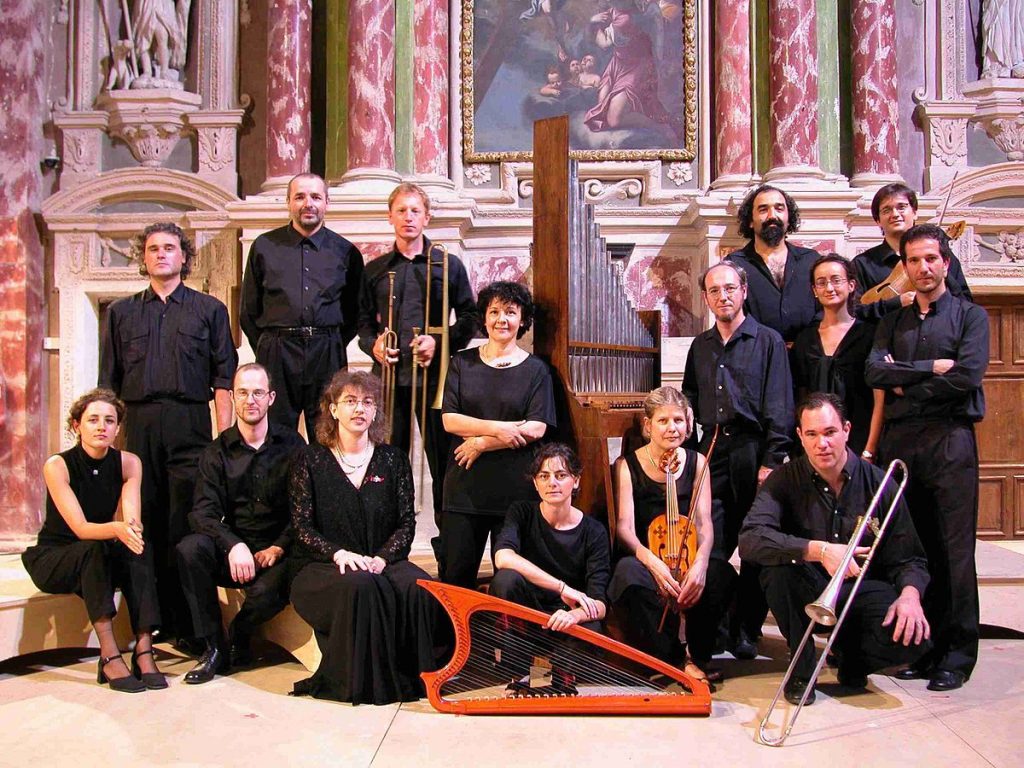Bassist Esperanza Spalding burst into the melodic front line two years back with her self-titled collection that traveled to Billboard’s Contemporary Jazz Chart and remained there for over 70 weeks. In the meantime, she has featured at shows as solo craftsman and group part, showed up on significant TV programs and at the White House, and acted in Oslo at both the Nobel Prize Ceremony and the show a short time later.
“It was an encounter that will remain with me,” she said. “At the point when I watched out from City Hall and perceived how various the crowd was, I thought, Wow! This is a noteworthy occasion for our nation. In this manner, I’m a piece of that history.”
An alum of Berklee College of Music in Boston where she is the most youthful individual from the personnel, Spalding played with symphonies in and around Portland in the wake of acquiring a GED at age 16. Since a considerable lot of her initial encounters concentrated on ambiance music, it is nothing unexpected that she returns to that kind in her most recent collection, Chamber Music Society.
She clarified that the thought advanced from her different collection. While taking a gander at tunes she had composed over an extensive stretch of time, she found examples that would fit together and be immaculate as chamber works. The account starts with ‘Minimal Fly’ in view of a sonnet by William Blake that she met ten years prior in a book shop with an assortment of sonnets and artistic creations. It shows just about an untainted marvel of the normal world and appeared to her such an ideal reflective of life that she has made them hang over her work area from that point forward. While taking a gander at the sonnet, she started noodling around and created a tune that supplemented its point of view. At that point she included a string plan.
The example proceeds with “Apple Blossoms” in view of a sonnet she wrote to communicate a despairing piece of tune that flew into her psyche. In time, the remainder of the song emerged, however she despite everything had no verses. What might the story be?
She needed to address the regenerative part of death and the experience of an extraordinary misfortune in a repetitive setting, so she expounded on a man heading off to the grave of his significant other when the apple blooms return and enlightening her regarding the winter in his heart. It closes with the understanding that spring ascends after the passing of winter.
Emily Cary is a prize-winning educator and author whose articles about performers show up normally in the DC Examiner. She is a genealogist, an ardent explorer, and a scientist who consolidates scenes, societies and the intensity of music in her books and articles.

